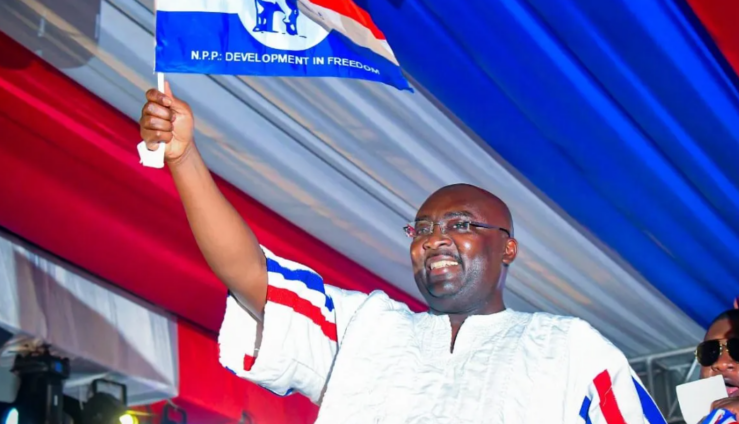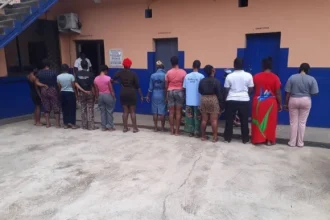Fifty-nine per cent of Ghanaians say the economy is heading in the “wrong direction”.
This according to the latest Afrobarometer report released by the Center for Democratic Development (CDD).
A total of 2,400 adult Ghanaians were interviewed between September 16 and October 3, 2019.
According to the survey, approval ratings on indicators of the government’s economic performance have “declined sharply” compared to 2017.
“Few citizens are content with the country’s economic situation and their personal living conditions, and a majority say the country is headed in the wrong direction. Still, more than half are optimistic that things will get better in a year’s time.
“Ghana has received positive reviews from the International Monetary Fund (IMF) and World Bank and made important economic strides, including the successful completion of the IMF bailout program and a clean-up of the financial sector.
“But so far these successes appear not to have translated into concrete gains recognized by most citizens” the report highlighted.
Some key findings of the report are as follows:
• Only three in 10 Ghanaians (30 per cent) describe the country’s economic conditions as “fairly good” or “very good,” a modest decline from 35 per cent recorded in 2017.
• Fewer than four in 10 (37 per cent) say their personal living conditions are “fairly good” or “very good.”
• And only 31 per cent say the country’s economic condition has improved over the past 12 months. But more than half (54 per cent) are optimistic that things will be “better” or ”much better” in 12 months’ time.
• Six in 10 Ghanaians (59 per cent) say the country is “going in the wrong direction.” The share of citizens who see the country as “going in the right direction” declined by 15 percentage points from 2017 to 35 per cent.
• Majorities of citizens say government is performing “fairly badly” or “very badly” in narrowing income gaps (66 per cent), improving the living standards of the poor (56 per cent), and creating jobs (54 per cent).
















